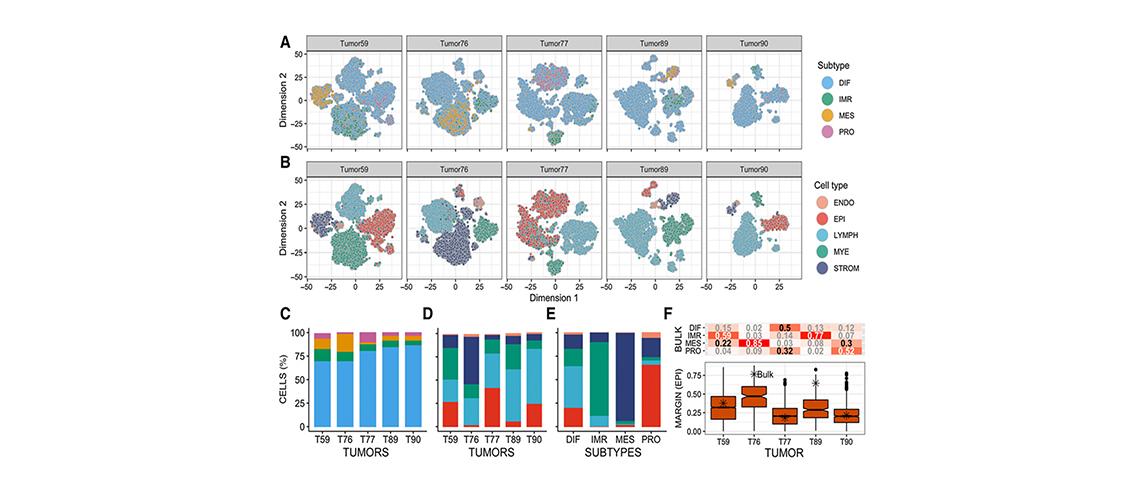
Several MSI PIs and RIS group staff members are working on a University of Minnesota Grand Challenge research project to develop a precision medicine approach to treating ovarian cancer. Ovarian cancer is extremely deadly and no good, specific treatments currently exist. Researchers hope that a precision medicine approach can yield a more effective treatment with fewer side effects.
RIS analysts at MSI are doing bioinformatics analysis for aspects of the project – single cell RNA-seq analysis, variant calling (i.e. mutation detection) using clinical pipelines and research pipelines on whole exome, targeted and single-cell DNA-sequencing.
Some of these researchers, including MSI PIs Andrew Nelson (associate professor, Laboratory Medicine and Pathology) and Timothy Starr (associate professor, Obstetrics, Gynecology, and Women’s Health), recently published a paper in the journal Cancer Research in October 2020 (co-authors in bold are MSI PIs; co-authors in italics are MSI RIS staff members): L Geistlinger, S Oh, M Ramos, L Schiffer, RS LaRue, CM Henzler, SA Munro, C Daughters, AC Nelson, B.J. Winterhoff, Z. Chang, S. Talukdar, M. Shetty, S.A. Mullany, M. Morgan, G. Parmigiani, MJ Birrer, L-X Qin, M Riester, TK Starr, L Waldron. 2020. Multiomic Analysis of Subtype Evolution and Heterogeneity in High-Grade Serous Ovarian Carcinoma at Cancer Research. Cancer Research 80(20). doi: 10.1158/0008-5472.can-20-0521. The researchers investigated high-grade serous ovarian carcinoma (HGSOC), an extremely deadly form of the disease, to determine whether there are transcriptome-based groupings of HGSOC that might be targets of specific therapy. They determined that transcriptome-based groupings are not a feature of HGSOC and described a different development profile. The researchers are also preparing several other manuscripts for publication. Boris Winterhoff (associate professor, Obstetrics, Gynecology, and Women’s Health) and MSI PI Jinhua Wang (professor, Institute for Health Informatics) are co-leaders of this research project along with Professors Nelson and Starr.
Professor Nelson uses MSI resources for research in several areas involving the genomic characterization of human cancer. Professor Starr uses MSI in research that focuses on understanding the genetic changes that cause cancers to form. Professor Wang uses MSI to support informatics research into cancer genomics.
Image description: Composition of HGS ovarian tumors at single-cell level. A and B, Subtype and cell type assignments for 42,253 individual tumor cells of five tumors. C and D, The proportion of subtype and cell type calls for all five tumors. E, The percentage of cells of a specific cell type coinciding with the four subtype calls across the five tumors. F, Subtype classification probabilities for bulk RNA-seq data of the five tumors (top) and margin score distribution for the epithelial cells of the respective tumor (bottom). The margin score of the bulk tumor is indicated by an asterisk (higher margin values correspond to more confident subtype assignment). Image and description, Geistlinger et al., Cancer Research 80(20), doi: 10.1158/0008-5472.can-20-0521 (2020).
posted on July 20, 2021